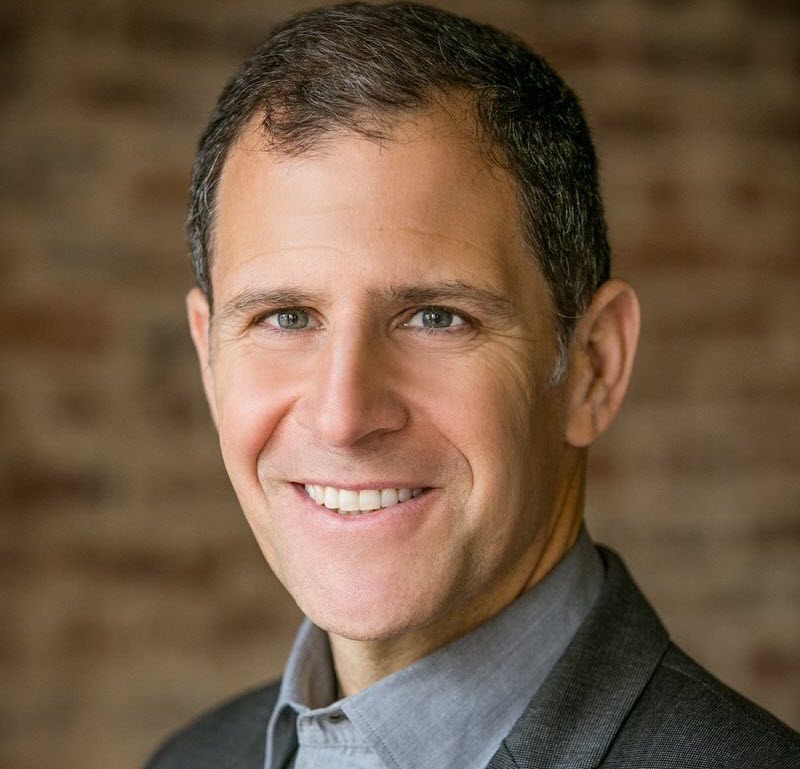USTelecom's Spalter: Internet Freedom Has Been Restored... Now What?

The smarter way to stay on top of broadcasting and cable industry. Sign up below
You are now subscribed
Your newsletter sign-up was successful
USTelecom president Jonathan Spalter said it is time to establish "consistent safeguards" across the entire internet.
That came in a speech to the Media Institute Wednesday (June 13) "roughly two days, 12 hours and 30 minutes" after the FCC's Restoring Internet Freedom went into effect, rolling back regulations against blocking, throttling and paid prioritization and reclassifying internet access out from under a Title II common-carrier framework, which put enforcement of network neutrality primarily in the hands of the Federal Trade Commission, with an assist from the FCC.
The key to those consistent safeguards, he suggested, were their broad application, echoing the growing chorus of ISPs and legislators from both parties that mammoth edge players like Facebook and others need minding.
Related: Net Neutrality Fans Pan June 11 Rule Sunset
"[T]he reality today is the companies making headlines for privacy missteps or blocking content aren’t the ISPs," Spalter said. "Just witness the back-and-forth between Google and Amazon blocking the sale of each other’s products and services on their respective platforms.
"This was a fatal flaw of Title II: It is no longer acceptable to write rules either here in Washington or in any state that omit the most powerful and valuable — at least in terms of market cap — players of the digital age," he added. "We all have a stake in getting modern rules right because if we don’t, then others will continue to fill the void."
Spalter said the simple idea of net neutrality had morphed into a "passion play" with arguments "distilled down to soundbites that misled and stoked fear." FCC chair Ajit Pai, for example, was accused of killing and destroying the open internet, and his family was threatened over the issue.
The smarter way to stay on top of broadcasting and cable industry. Sign up below
That happened despite the "violent agreement" on the "fundamental right to free speech in the digital world." (The Media Institute is a think tank dedicated to the preservation of that right.)
Related: Net Neutrality Rollback Fans Say Sky Isn't Falling
Spalter suggested the consistent safeguards are among five "pillars" needed to create a cohesive broadband innovation policy now that the "rhetorical chips [have been] called on the various doom-and-gloom scenarios fueling all the panic around net neutrality."
"Internet freedom has been restored, and net neutrality will continue to do just fine," he added, according to a copy of the speech supplied by USTelecom.
"Rather than 'raise a ruckus' about ideals we all embrace, I say it’s time instead to collectively lift our sights" toward those five pillars. The others are: Connect everyone; make innovation policy a national framework; "lock arms" on cybersecurity; and think big about how governing agencies need to be remade.
That big thinking will require not only breaking down the old regulatory silos, but lifting sights and closing both the D.C. and the digital divides, Spalter suggested.
"Yes, Congress should pass legislation," he said. "Yes, policymakers need to modernize our regulatory framework. But it’s also on us ... not just to lob tweets at each other from the safety of our screens ... but to actually talk to one another and find ways to constructively move this innovation economy forward."
Contributing editor John Eggerton has been an editor and/or writer on media regulation, legislation and policy for over four decades, including covering the FCC, FTC, Congress, the major media trade associations, and the federal courts. In addition to Multichannel News and Broadcasting + Cable, his work has appeared in Radio World, TV Technology, TV Fax, This Week in Consumer Electronics, Variety and the Encyclopedia Britannica.

